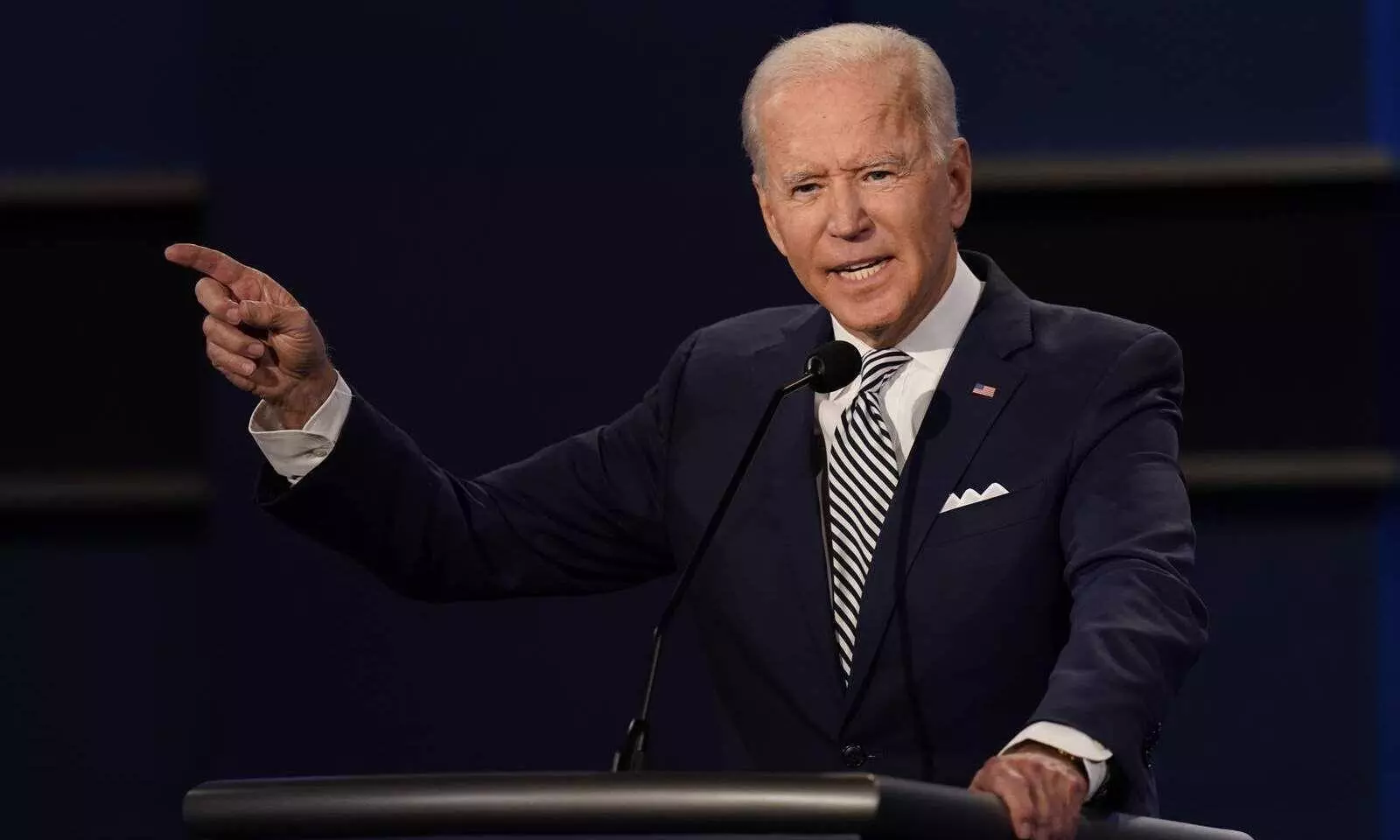
Indian immigrants to benefit from Biden's foreign policy
text_fieldsWashington: US President-elect Joe Biden plans to increase the number of high-skilled visas, including the H-1B, and eliminate the limit on employment-based visas by country, both of which are expected to benefit tens of thousands of Indian professionals impacted by some immigration policies of the outgoing Trump administration.
'Biden will support family-based immigration and preserve family unification as a core principle of our immigration system, which includes reducing the family visa backlog. He will increase the number of visas offered for permanent, work-based immigration based on macroeconomic conditions and exempt from any cap recent graduates of PhD programs in STEM fields. And, he will support first reforming the temporary visa system for high-skill jobs, specialty jobs to protect wages and workers, then expanding the number of visas offered and eliminating the limits on employment-based green cards by country, which have kept so many Indian families in waiting for too long', the Biden-Harris policy document said.
According to the policy document, Biden believes that keeping families together and allowing eligible immigrants to join their American relatives on US soil is critically important, but the current system is poorly designed with per-country caps that prevent applications from being approved in a timely fashion.That means approved applicants may wait decades to be reunited with their families, it said.
Joe Biden and his running mate Kamala Harris defeated incumbent President Trump and his deputy Mike Pence on Saturday in the bitterly-fought presidential election that attracted a record number of Americans to cast their votes.
With Kamala Harris as his deputy, Biden is expected to reverse the move of the outgoing Trump administration to revoke work permits to the spouses of H-1B visas, which had adversely impacted a large number of Indian families in the US.
Currently, the US issues 140,000 employment-based green cards per country annually, resulting in a huge backlog for Indian applicants.
"On the green card side, Mr Biden has expressly stated that he wants to remove the per-country quota. This change can also be introduced relatively quickly and the benefits could manifest within a year potentially," said Rajiv S Khanna, managing attorney at immigration.com.
All these are part of a comprehensive immigration reform that the Biden administration plans to work on, either in one go or in separate pieces.
"I know it is hard," he had said in the message on India's Independence Day. "My heart goes out to all those of you who have been the targets in the rise in hate crimes, the crackdown on legal immigration, including the sudden and harmful actions on H-1B visas that for decades have made America stronger... We will overcome and build back better than ever."
On green cards, Biden has vowed to eliminate long wait times, keep family-based immigration intact without removing chain migration, and eventually increase visas. He is also committed to getting rid of the public charge rule, which denies green cards to immigrants likely to use certain government benefits.
Employment-based visas, also known as green cards, allow migrants to gain lawful permanent residence in the US in order to engage in skilled work.
In June, Trump had temporarily suspended the H-1B visas along with other types of foreign work visas until the end of 2020 to protect American workers from unemployment aggravated by Covid-19 pandemic. In October, the Trump administration had announced new restrictions on the H-1B non-immigrant visa programme, which was aimed at protecting American workers, restoring integrity and to better guarantee that H-1B petitions are approved only for qualified beneficiaries and petitioners. These proposals were not applicable to those who are already in the US, but were meant for new visa-holders who will be going to the US.
The Biden administration plans to create a new visa category to allow cities and counties to petition for higher levels of immigrants to support their growth.
H-1B visas, which enlarge the available supply of high skilled workers in the US, is a non-immigrant visa that allows American companies to employ foreign workers in speciality occupations that require theoretical or technical expertise.























